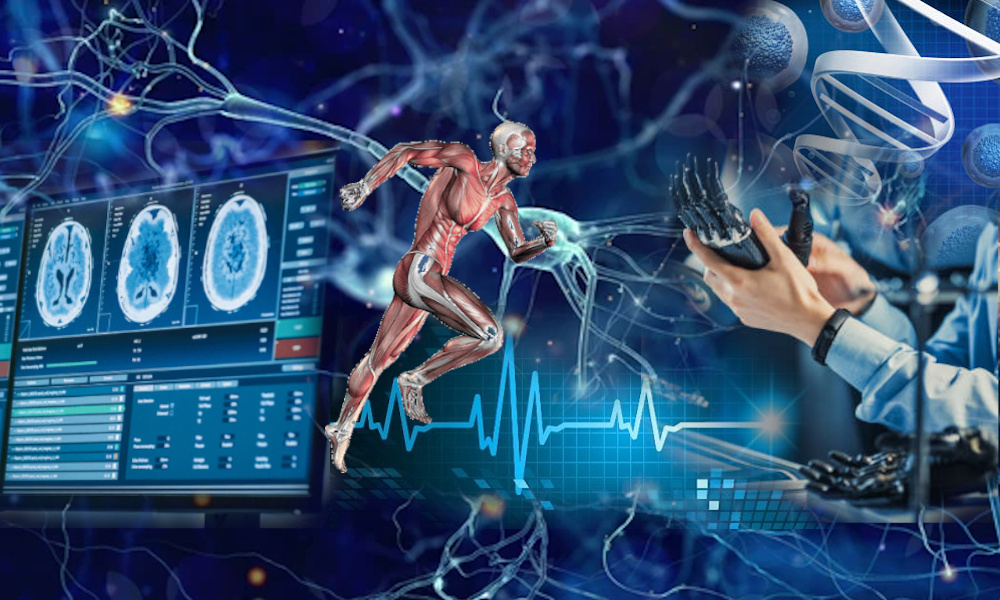Biomedical Engineering

Combining a wide range of engineering disciplines with medicine and human biology, biomedical engineers work with medical professionals to develop technologies that improve people’s lives. Aspects of electrical, mechanical, chemical, and computer engineering, materials science, chemistry, and mathematics are all integrated with human biology in BME to improve human health.

Bioinstrumentation
Bioinstrumentation is the development of technologies for the measurement and manipulation of parameters within biological systems, focusing on the application of engineering tools for scientific discovery and for the diagnosis and treatment of disease.

Biomechanics
Biomechanics is the study of biological systems, particularly their structure and function, using methods derived from mechanics, which is concerned with the effects that forces have on the motion of bodies.

Biomaterials
Biomaterials combines medicine, biology, physics, and chemistry, and more recent influences from tissue engineering and materials science to engineer sunstances to interact with biological systems for a medical purpose, either a therapeutic or a diagnostic one.

Midical Imaging
Medical imaging is the technique and process of imaging the interior of a body for clinical analysis and medical intervention, as well as visual representation of the function of some organs or tissues.
Biomedical Engineering Laboratory
The Biomedical Engineering Laboratory in the DEEE is the facility dedicated to the research and development of new technologies to improve human health, etc.
COURSE BASKET
Department provides basic courses for all engineering undergraduates on the principles of Electrical and Electronic Engineering, in appropriate depth, to acquire essential fundamentals, and also it offers several advanced courses to the specializing students.
RECOMMENDED TECHNICAL ELECTIVES
Appropriate selection of Technical Electives, backed by the undergraduate research project and industrial training engagements, pave the way for the DEEE students to specialize in any of the subdisciplines.
CORE COURSE MODULES
Core modules are designed such a way that they provide essential technical knowledge while exposing students to analysis and design in order to solve complex engineering problems. Research project provide students the opportunity to demonstrate their creative abilities.


